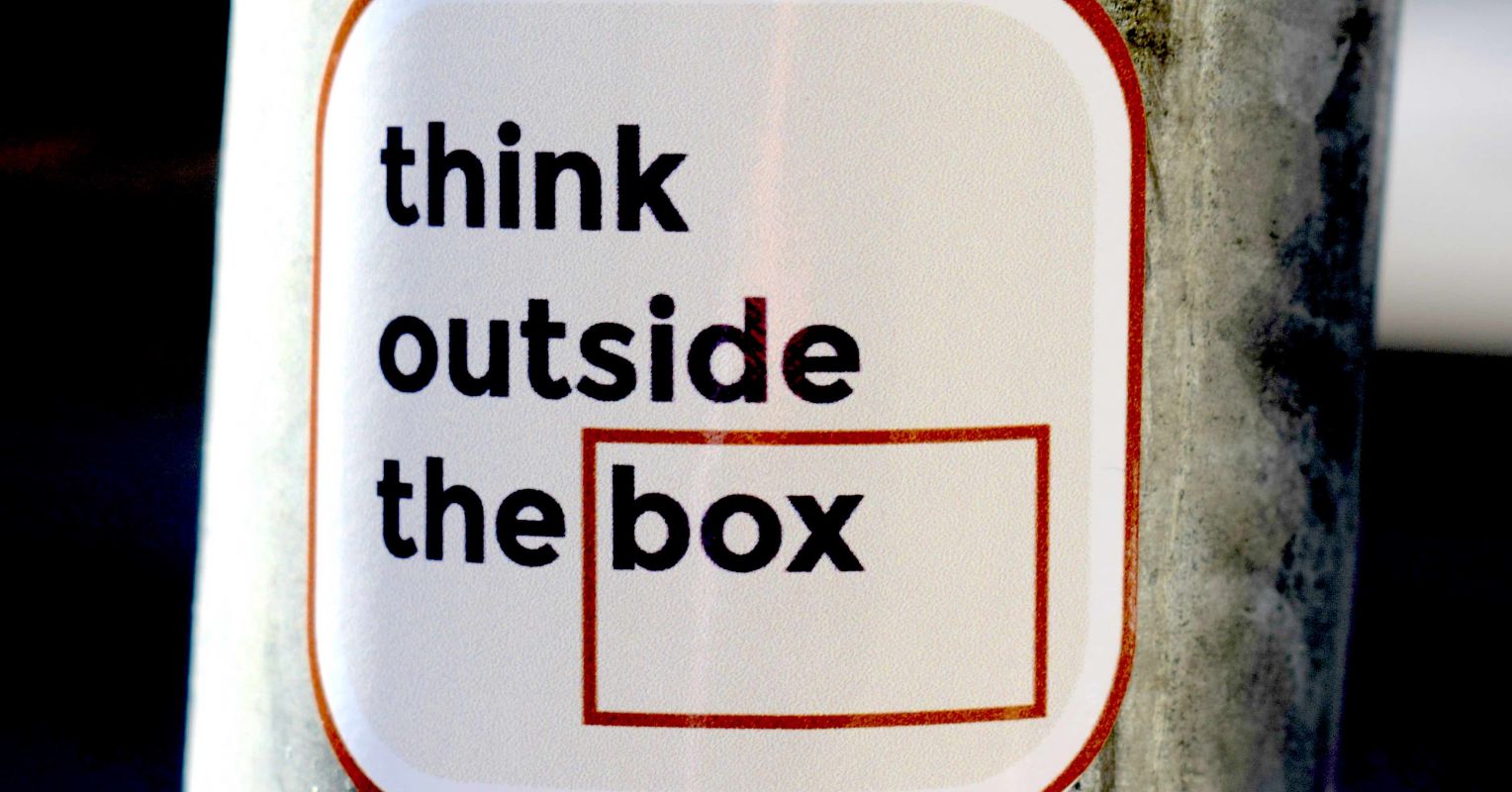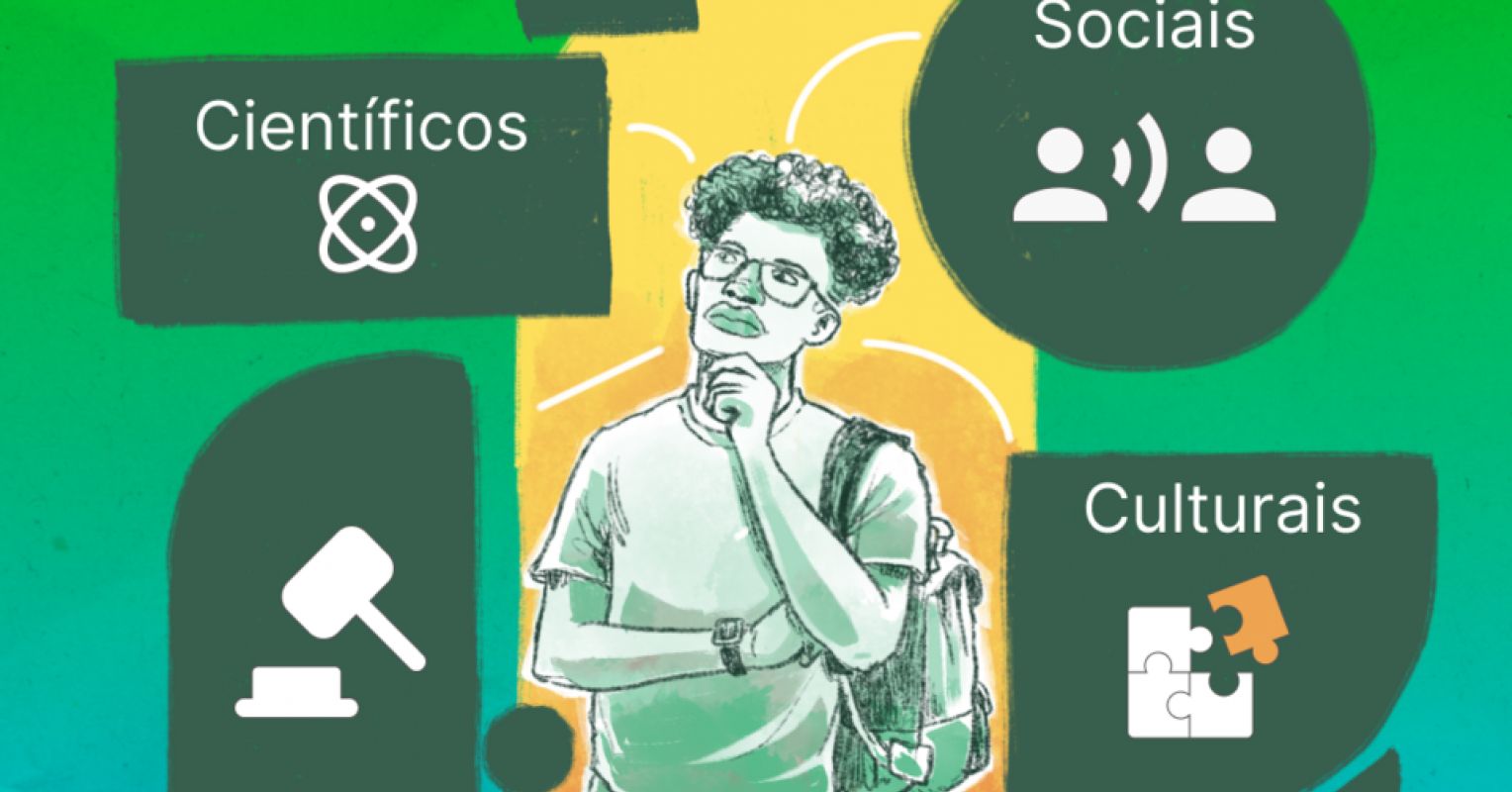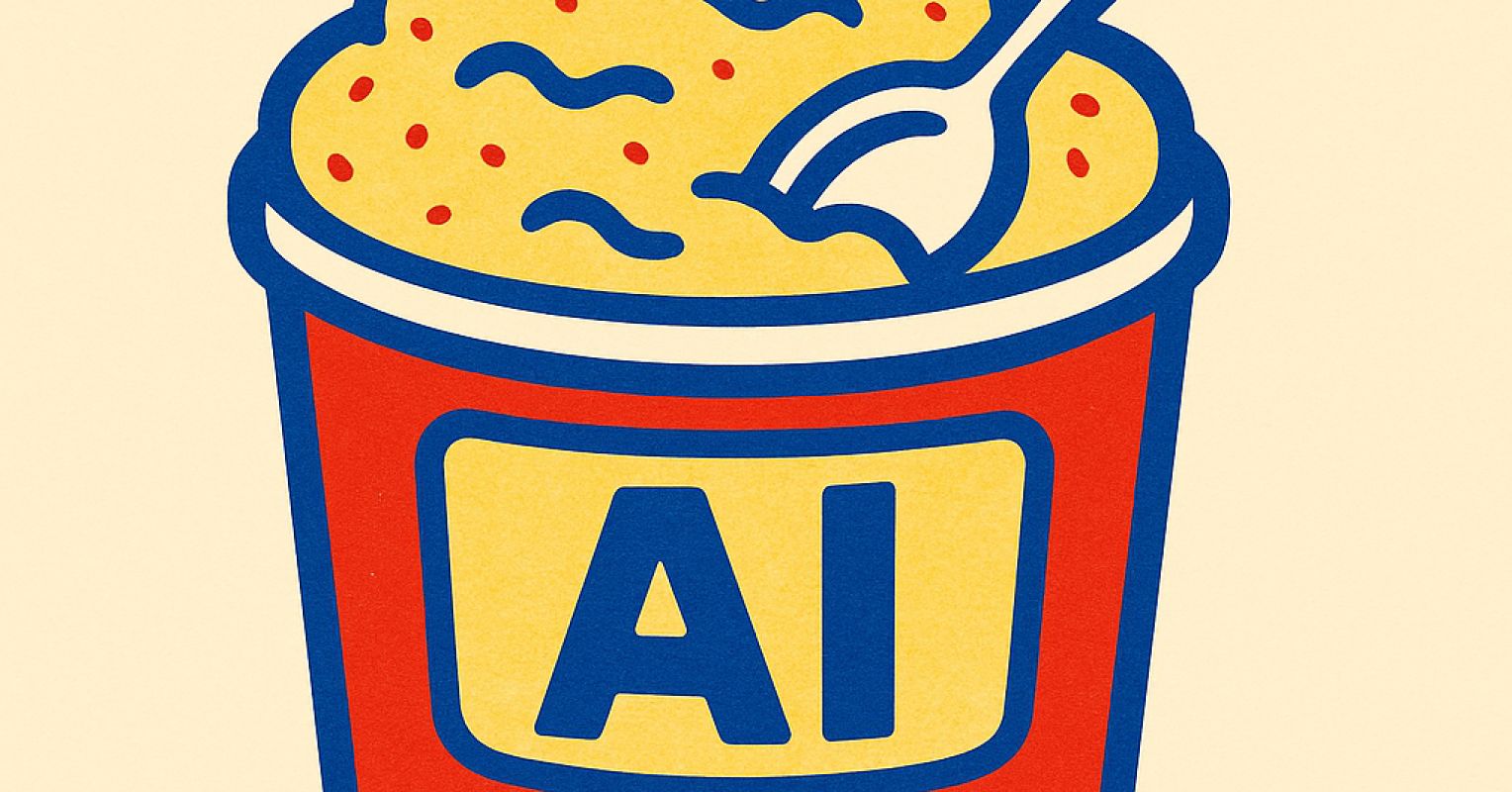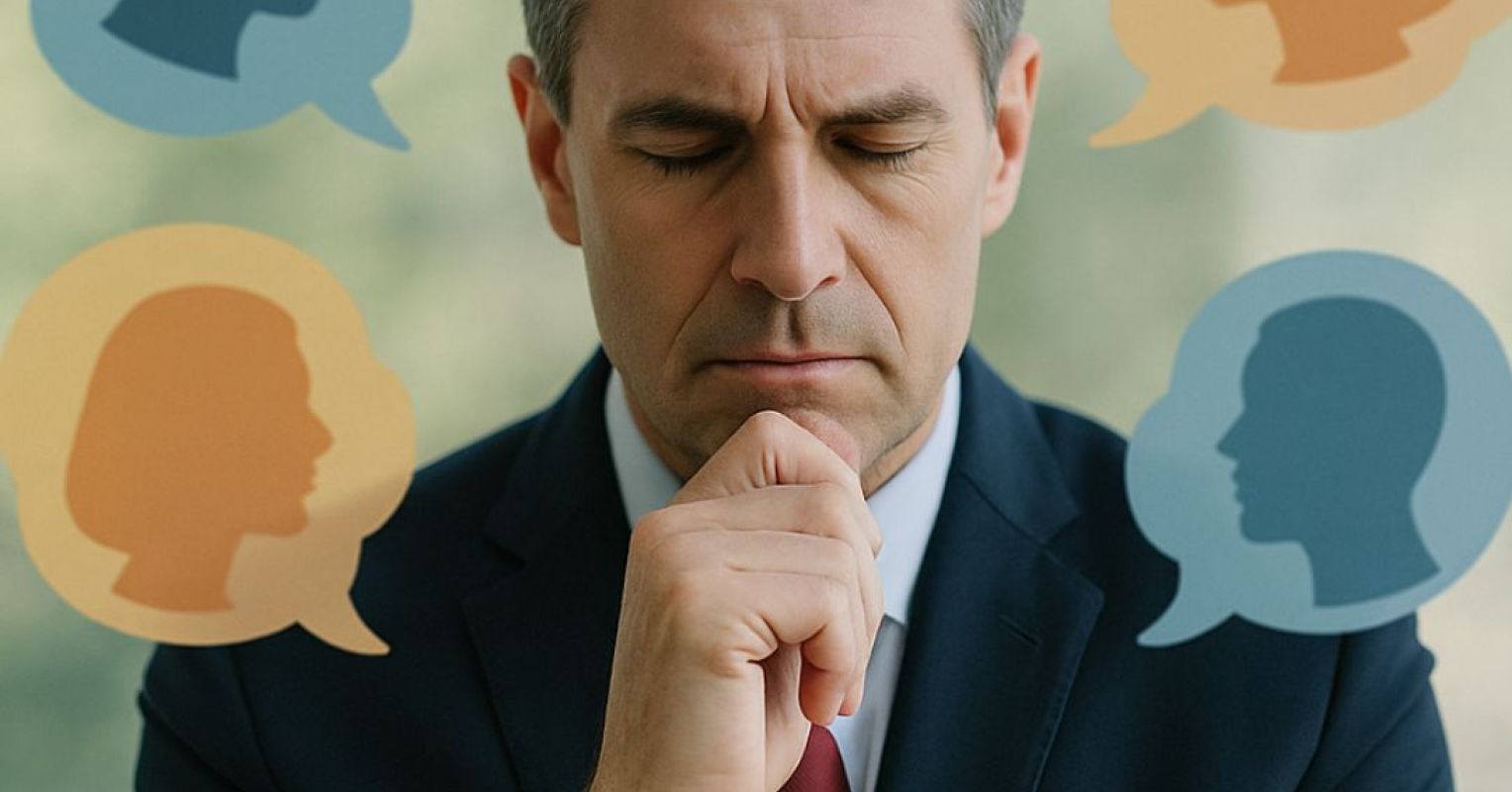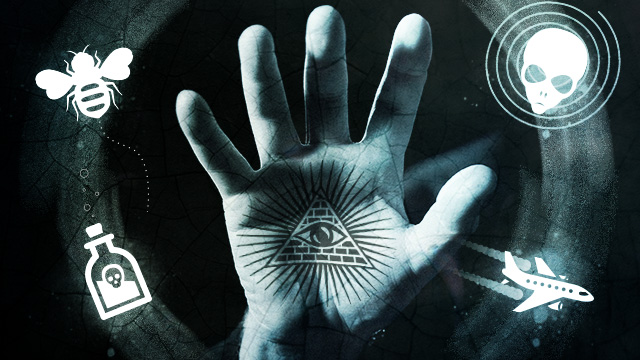Medicine
fromPsychology Today
2 days agoDrs. Dunning and Kruger and 300 Million More Health Experts
Minimally informed individuals often overestimate their knowledge, leading to the spread of health misinformation through public platforms and rejection of expert consensus.
